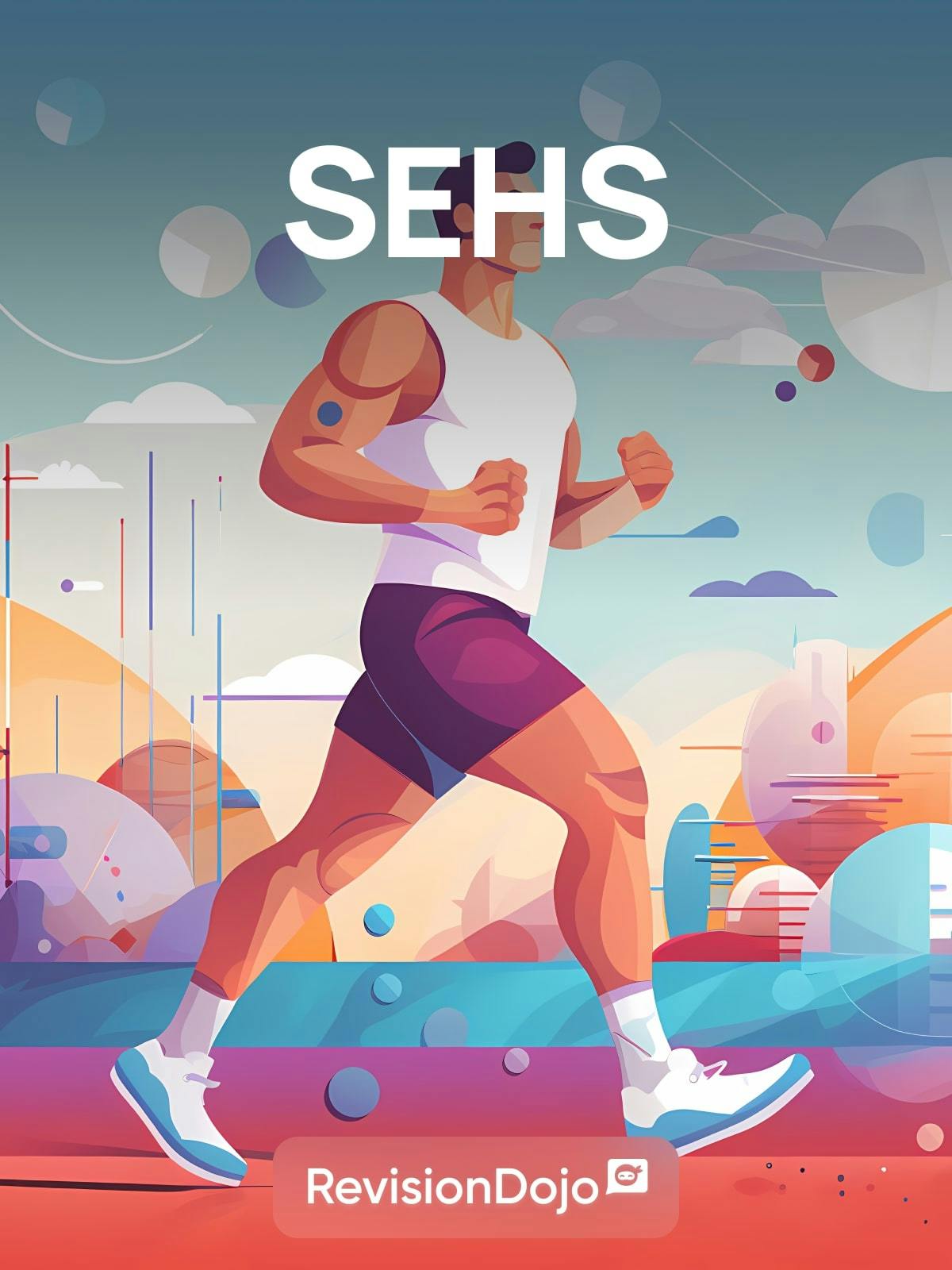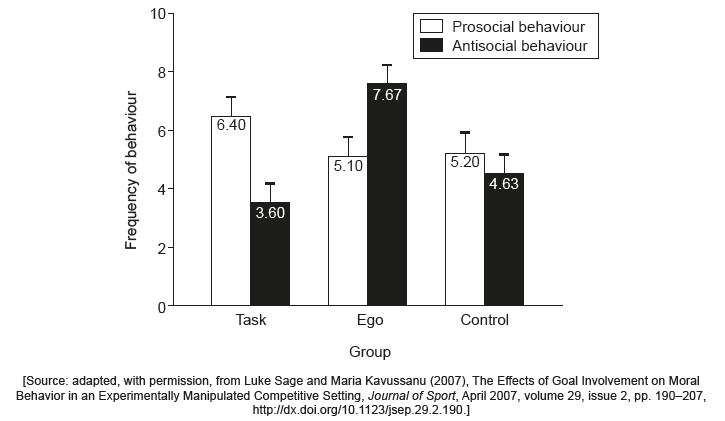
Option B - Psychology of Sport
Question 1
SLPaper 3Discuss three uses of mental imagery with examples from sport.
Question 2
HLPaper 3List two theoretical approaches to arousal.
Analyse two phases of the psychological skills training (PST) programme.
Question 3
HLPaper 3Describe the catastrophe theory of arousal.
Discuss how positive emotions may influence an athlete’s performance.
Question 4
HLPaper 3Outline three psychological behaviours that support the evolution of talent.
State the four stages of development in the evolution of athlete talent.
Discuss the factors an athlete encounters during the stages of talent evolution.
Question 5
SLPaper 3Describe the inverted-U hypothesis in terms of arousal and performance.
Discuss the advantages of the Sport Competition Anxiety Test (SCAT).
Question 6
SLPaper 3Describe the relationship between arousal and sporting performance for a weightlifteraccording to the inverted-U hypothesis.
Discuss the effect of specific positive and negative emotions on a cyclist’s performanceduring an endurance race.
Question 7
SLPaper 3Define personality.
Discuss issues associated with studies on personality and sports performance.
Question 8
SLPaper 3A study assessed the effect of task and ego motivations on behaviour of 90 participantsduring soccer games. They were divided into three groups and were told:
- Group 1 (Task): prizes would be awarded based on improvement
- Group 2 (Ego): prizes would be awarded based on goals scored
- Group 3 (Control): no prizes would be awarded.
Prosocial and antisocial behaviour was observed during games; the mean results (andstandard deviation) are shown in the graph.

Identify the group that demonstrated the most antisocial behaviour.
Calculate the difference in prosocial behaviour between the task and ego groups.
Using the data, discuss the effect of the different motivating conditions on behaviour.
Question 9
SLPaper 3Define anxiety.
Evaluate possible emotions experienced by a soccer player preparing to take an important penalty kick.
Question 10
SLPaper 3Define motivation.
Discuss possible impacts of extrinsic rewards on intrinsic motivation in sport.
